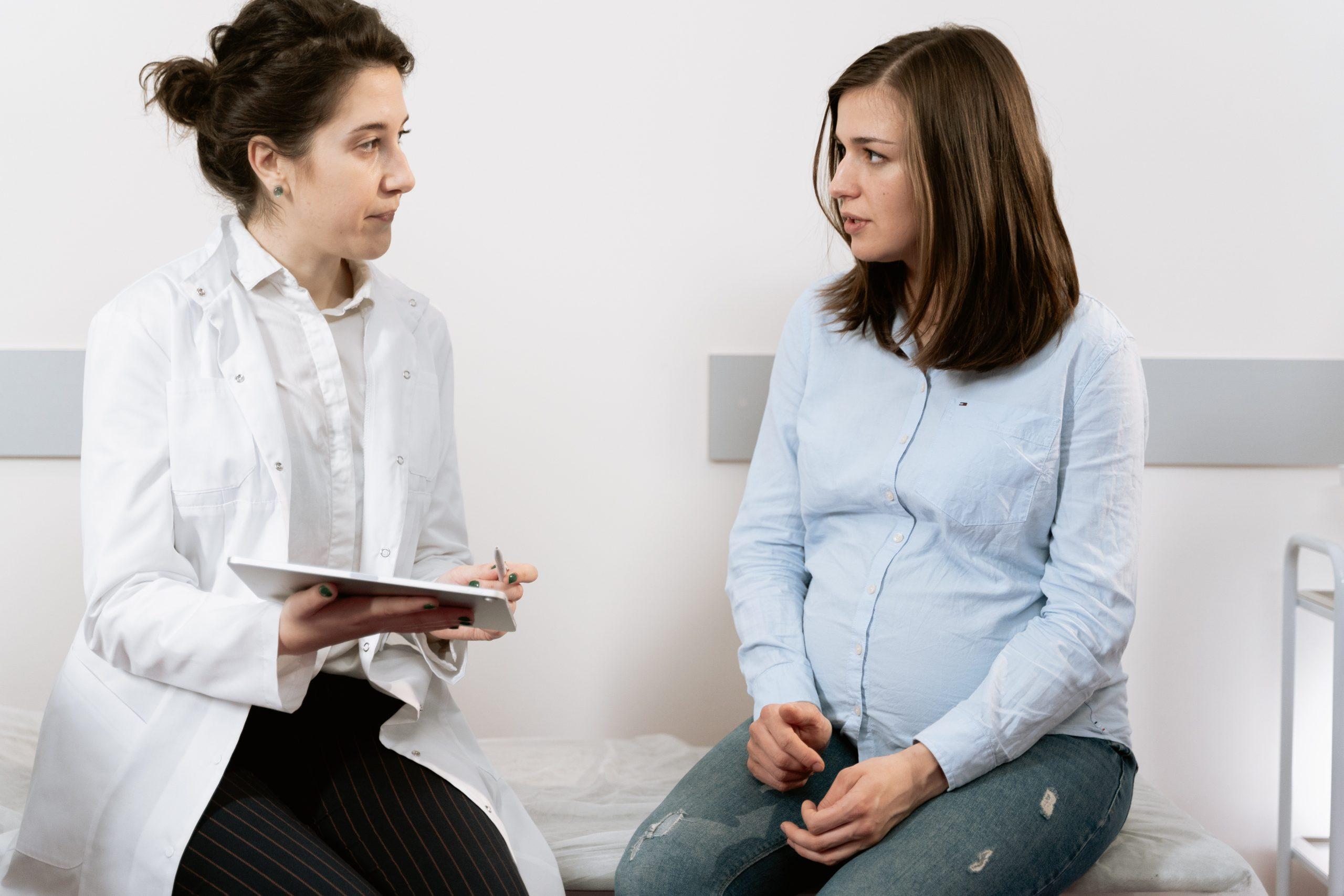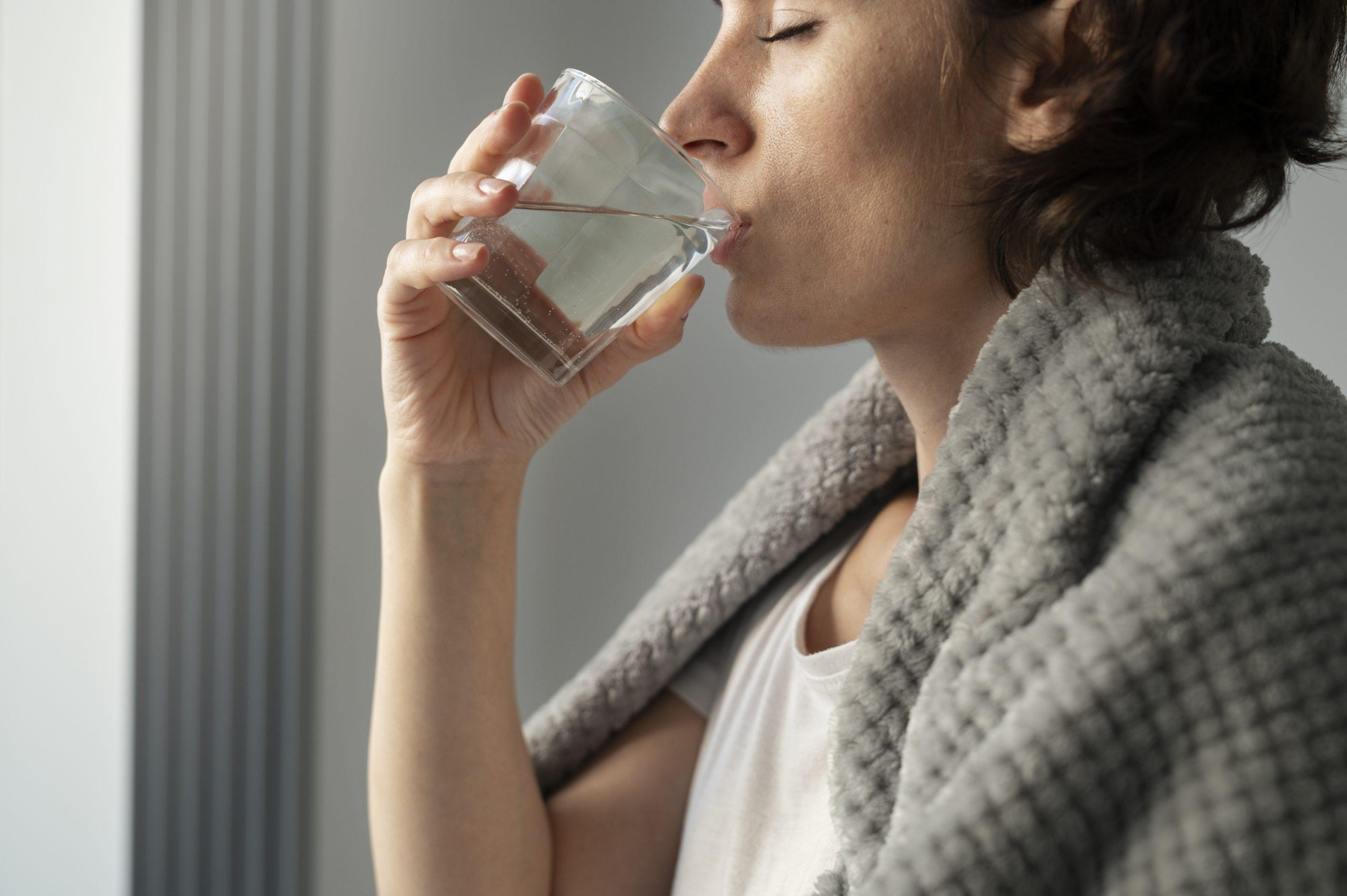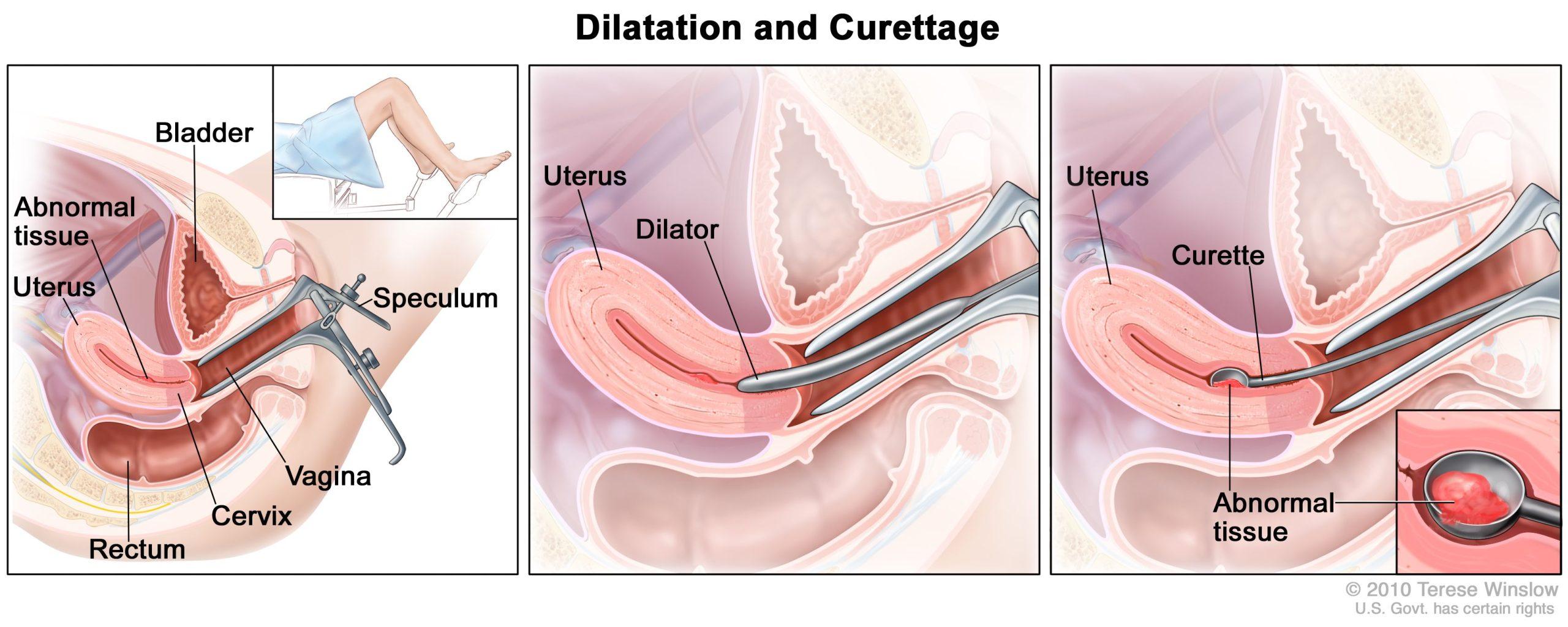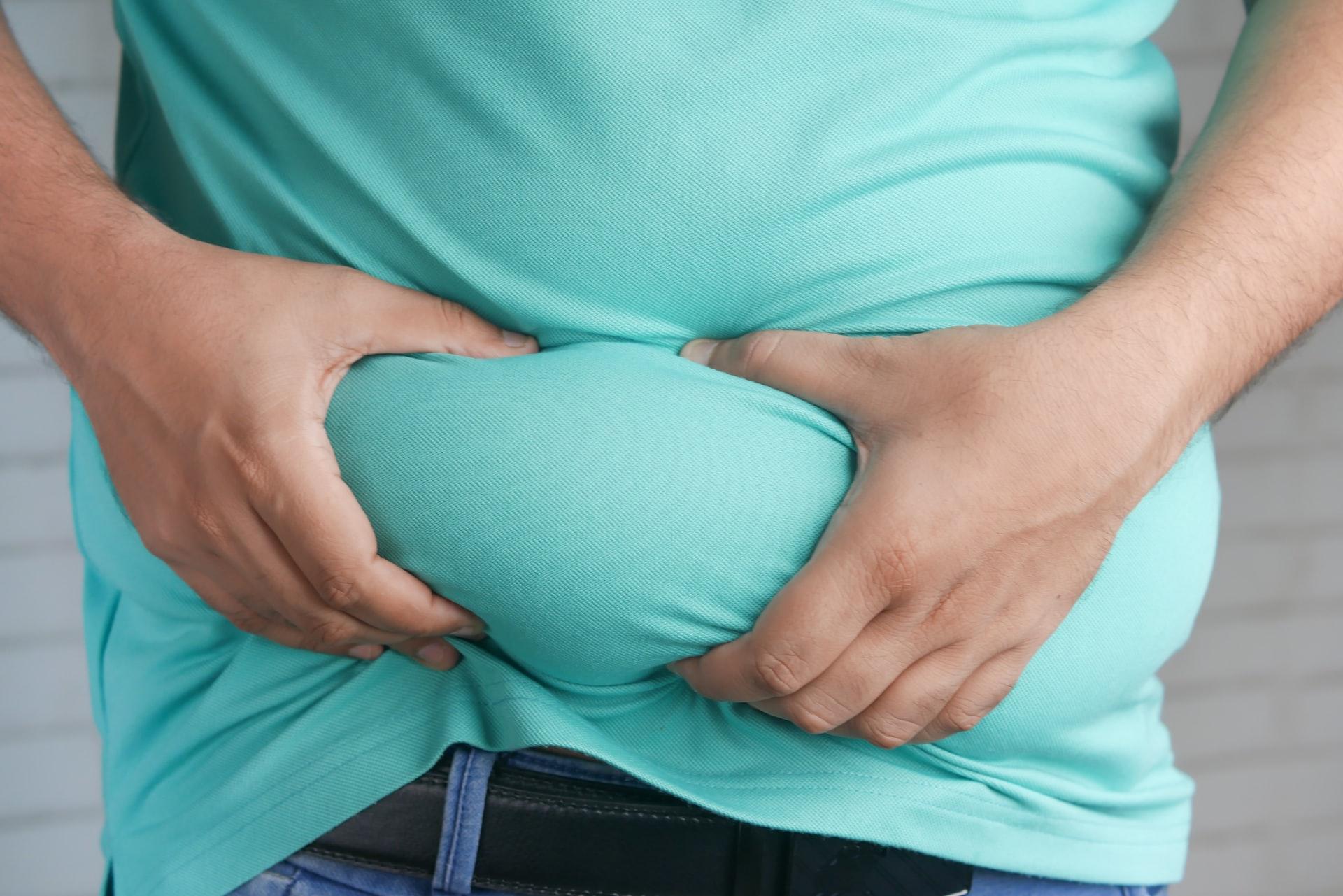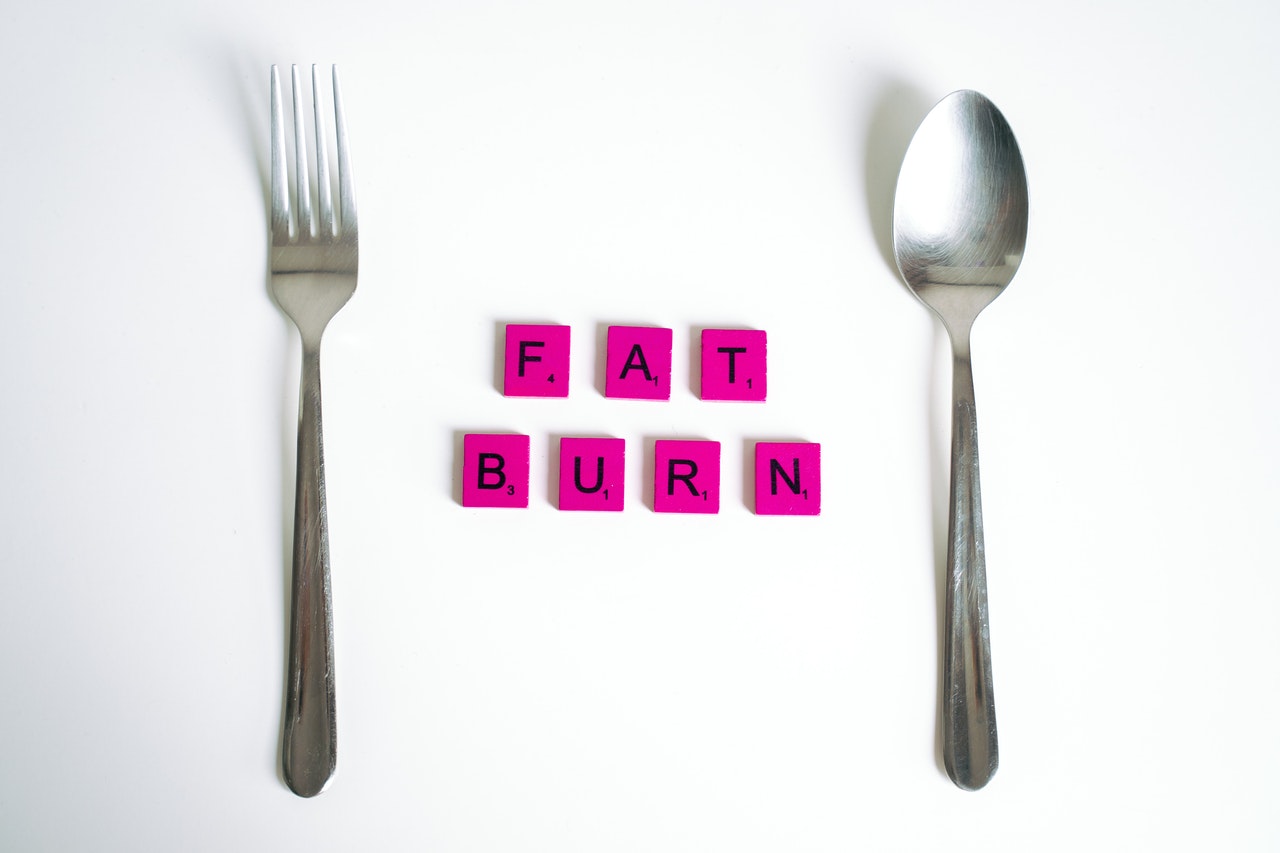A urinary tract infection is an infection in any part of your urinary system – kidneys, ureters, bladder and urethra. Most infections involve the lower urinary tract — the bladder and the urethra. Taking care of vaginal health is of prime importance for women. The first sign of any change in the vaginal health is observed by the vaginal discharge.
Women are at greater risk of developing a UTI than men are.
Journal of Chemical and Pharmaceutical Sciences
Infection limited to your bladder can be painful and annoying. However, serious consequences can occur if a UTI spreads to your kidneys. Antibiotics are the typical treatment for a UTI. But you can take steps to reduce your chance of getting a UTI in the first place.

Urinary tract infections (UTIs) are quite common in pregnancy and pose a great therapeutic challenge, as the risk of serious complications in both the mother and the child is high. During pregnancy, between 2-10% of women diagnosed with Urinary tract infections.
Pregnant women are at increased risk for UTIs starting from week 6 to week 24.
Archives of Medical Science
Pregnancy can increase the susceptibility of urinary tract infections (UTIs) in women because of physiological changes. Bacterial colonisation of the urinary tract in pregnancy can cause adverse health outcomes e.g. there are risks of kidney infection, intra-uterine growth retardation and pre-term birth.
The risk of UTI may begin in 6 week of pregnancy and will be at peak during 22-24th week of pregnancy. The most common symptoms of urinary tract infection were frequency of urination, burning during urination, nocturia (wake up during the night to urinate), lower abdominal pain and back pain.
Diagnosis of UTI
- Examining urine sample to check for white blood cells, red blood cells or bacteria.
- Development of urine culture to check what kind if bacteria are present in urine.
- Imaging of urinary tract using ultrasound CT scan or MRI.
- Cystoscopy a procedure to look inside the bladder using a thin camera (cystoscope).
UTI medications during pregnancy
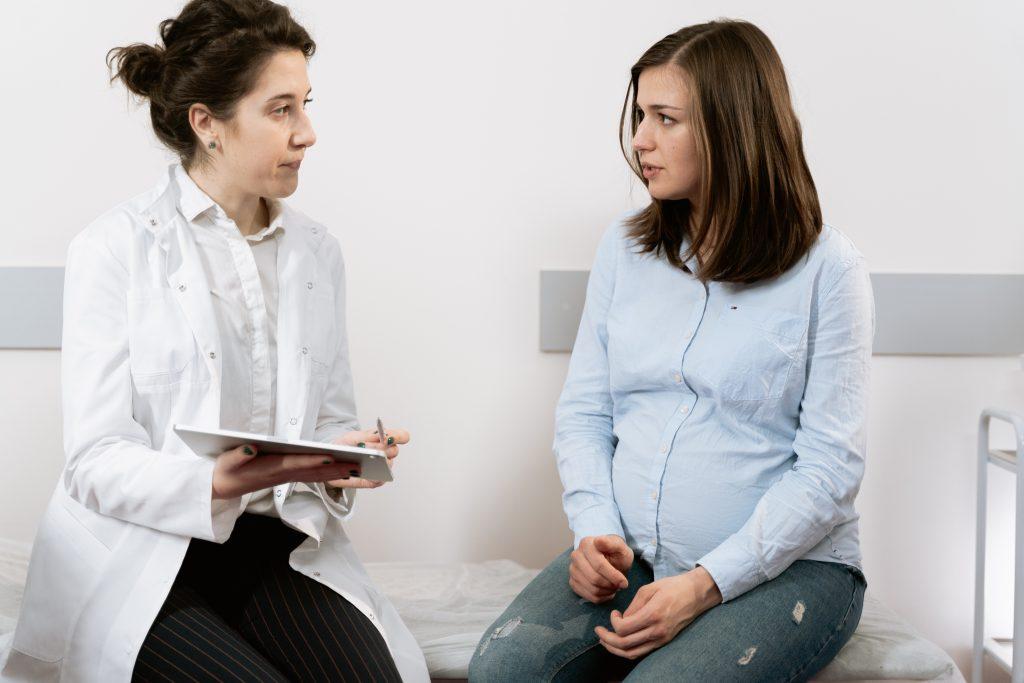
All pregnant women should be screened for bacteriuria (bacteria in urine) and subsequently treated with appropriate antibiotic therapy. There are studies which has shown that antibiotic treatment decreases the incidence of preterm birth and low birthweight infants.
Pregnant women should be treated when bacteriuria is identified. The choice of antibiotic should address the most common infecting organisms. The antibiotic should also be safe for the mother and fetus.
Natural remedies for the prevention of UTI.
Drink plenty of fluids
Dehydration is concerning factor for an increased risk of UTIs. Although urinating can be painful during UTI, it’s important to drink as many fluids as possible – particularly water. Most adults should drink between six and eight ounce glasses of water per day.
Drinking plenty of liquids can decrease the risk of UTIs by increasing urination, as it helps to flush harmful bacteria from urinary tract.
A study reported that increased fluid intake reduced UTI’s requiring antibiotics by 58%.
Vitamin C
Increasing vitamin C intake may help boost the immune system. Some evidence shows that increasing the intake of vitamin C could protect against UTIs. Vitamin C has a protective effect on pregnant women having UTIs, which reduce the risk of UTIs by more than half in those taking vitamin C.
But some research has found conflicting results for the effectiveness of vitamin C in treating UTIs where it is not recommended for the prevention of recurrent UTIs.
Cranberries

Cranberries may contain an ingredient that prevents bacterial adhesion to the walls of the urinary tract. Some studies suggest that the risk of UTIs might be reduced with cranberry products, including unsweetened cranberry juice, cranberry supplements, or dried cranberries. The use of cranberries to prevent UTIs doesn’t produce consistent results.
Probiotics
Probiotics are beneficial microorganisms that promote healthy digestion and immunity. During UTI, bad bacteria replace good bacteria in the urogenital system, especially in the group of Lactobacillus. Probiotics can reinstitute good bacteria and might reduce the recurrence of a UTI. Yogurt can be a good option to begin with.
Antibiotics, the major defence against UTIs, can cause disturbances in levels of gut bacteria. Probiotics may be helpful in restoring gut bacteria after antibiotic treatment.
Prevention is the best cure.
Although pregnancy can increase women’s susceptibility to a UTI, prevention measures can protect against it. Preventative hygiene behaviour, such as washing the genitals after sexual intercourse, is the only evidence-based intervention linked to a reduced incidence of UTIs in pregnancy and therefore the most effective method of avoiding antibiotics.


